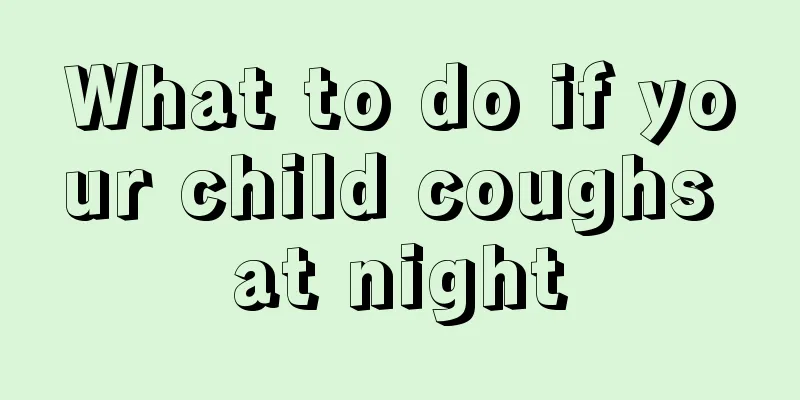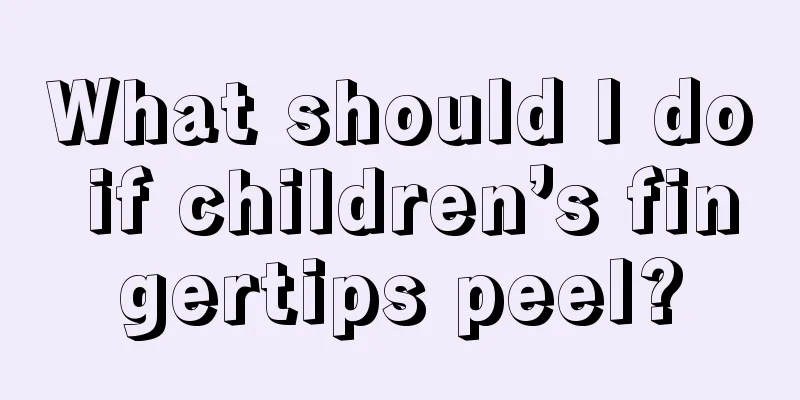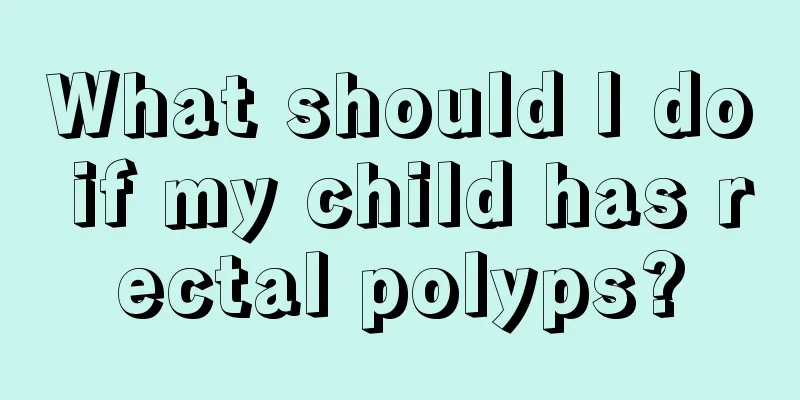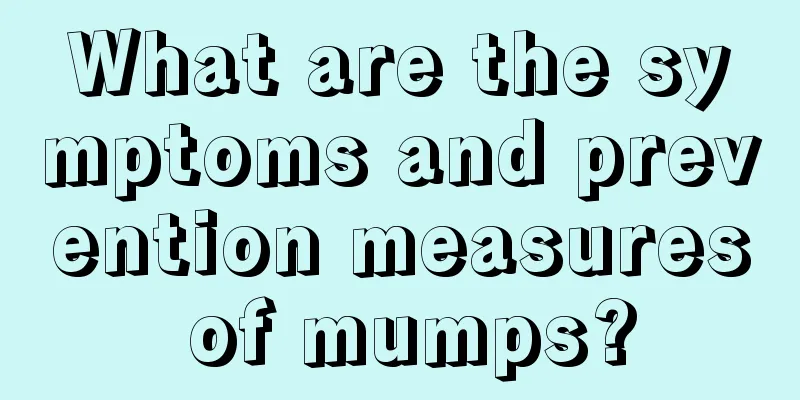Causes and treatment of ear infections in babies
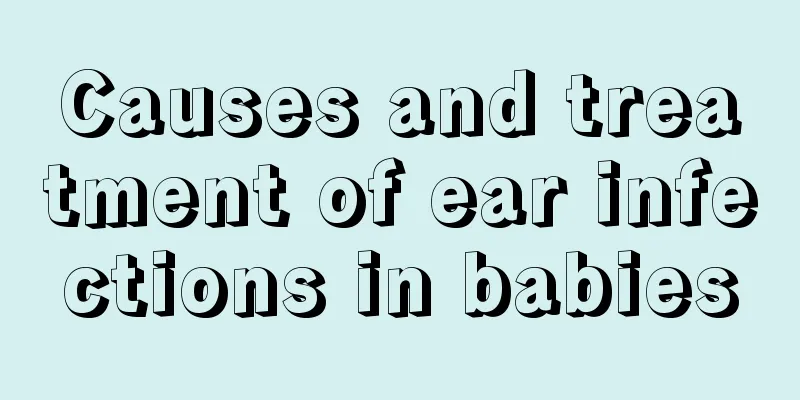
|
Nowadays, many children will have ear inflammation during their developmental period. Some serious cases will even cause pus discharge. Many mothers have personally seen this symptom in their children. When we see this symptom in our children, parents only know to be anxious, but do not know how to find the cause of the symptoms for their children immediately. After finding the cause, we must find a way to improve it in time and treat it in time. So let's take a look at what is going on with the child's ear court? What should we do? When a child's language ability is not yet sufficient to express his or her physical feelings, he or she will tell his or her mother about his or her pain by crying, scratching his or her ears, shaking his or her head, etc. If the child is accompanied by systemic symptoms such as fever, the child will experience nausea, vomiting, diarrhea, etc., and the parents may mistakenly believe that the child has an improper diet. If a convulsion occurs, the parents may take the child to see a neurology department, and only realize the problem when pus begins to flow from the baby's ears. By then, the disease may have been delayed. Causes of otitis media Young children are very susceptible to otitis media, mainly because their Eustachian tubes are wide, short and flat. When a young child catches a cold, the function of the Eustachian tube is affected, making it difficult for the middle ear secretions to drain smoothly. Bacteria or contaminated secretions in the nasopharynx can easily enter the middle ear, causing infection and inflammation. This is arguably the most common cause. If an infant has had otitis media once, he or she is very likely to have it again in the same year, and it may then develop into chronic otitis media. Chronic otitis media is closely related to children's future hearing loss and delayed language development. Therefore, the diagnosis and treatment of otitis media, especially otitis media in infancy, is very important. Pathogens The pathogens of otitis media are mainly bacteria and viruses, including Streptococcus pneumoniae, Haemophilus influenzae and respiratory viruses. Otitis media can be divided into acute and chronic according to the course of the disease. The latter refers to the course of the disease exceeding 12 weeks and irreversible changes in the structure of the middle ear. It can be divided into purulent and non-suppurative according to the condition of the disease. Purulent otitis media makes the baby feel severe ear pain, while non-purulent otitis media does not make the child feel pain, but a buzzing sensation in the ear, with hearing loss as the main symptom. In fact, if various types of otitis media are not treated in time or with inappropriate methods, they will cause hearing loss in children. Parents can notice these changes in their children in life. For example, the baby's reaction to the same sound stimulation is not as sensitive as before the illness, etc. treat Antibiotics are essential drugs and should be used for a course of treatment (7 to 10 days). As for the choice of antibiotics, it depends on the doctor's experience, the child's condition, family situation, the child's acceptance of the drug and the prevalence of the disease at the time. The above is an introduction to the causes and treatment methods of ear inflammation in children. The reasons are that they must be avoided in time for children in life, and children should be prevented from being exposed to these factors, which will make the child's ear inflammation more serious. After knowing the truth about the child's ear inflammation, you can start the treatment method. You can try the above methods to treat the child first, and then seek medical attention if it doesn't work. |
<<: First aid for children with fever
>>: What to do if your baby has blisters on the palms of his hands
Recommend
What should I do if my child has a hunchback?
Nowadays, children in some families are spoiled s...
What is the best treatment for bronchitis in children?
Childhood bronchitis is very common in life, but ...
What should I do if my child has tonsil polyp inflammation?
Tonsillitis is a disease that everyone knows. Cli...
Precautions for adding complementary food to four-month-old babies
As babies grow up day by day, many mothers will w...
What should I do if my child has red bloodshot eyes?
Children's eyes are the part that needs to be...
What to do if your 8-month-old baby coughs and has phlegm
When an eight-month-old baby starts coughing and ...
Will acute gastroenteritis in babies cause myocarditis?
If there is a baby at home, parents have a great ...
How many days does the baby usually have diarrhea after the fever subsides?
Everyone will get sick, whether they are adults o...
What are the nutritious foods for children?
Many parents pay much attention to their children...
What to do if your child has urticaria
Rubella is what we call urticaria in our daily li...
The dangers of having an IV in children
When it comes to indwelling needles, I think most...
What medicine should baby take for malnutrition?
Because many diseases will manifest themselves ex...
What causes rosacea?
Diseases are a very common phenomenon in people&#...
How do you know if your child has ADHD?
In recent years, the number of children suffering...
What kind of honey is suitable for children
Children's growth and development is an issue...

